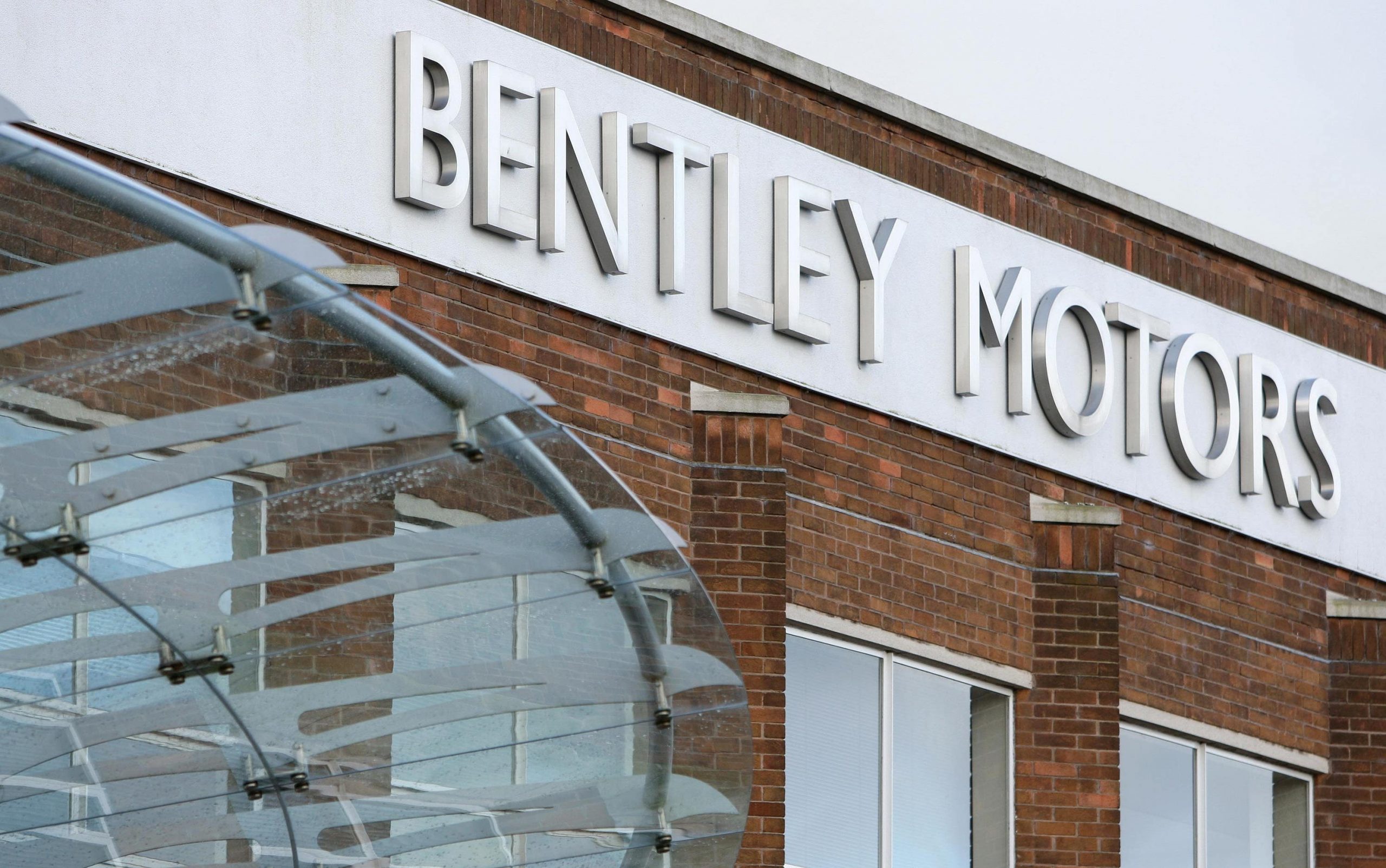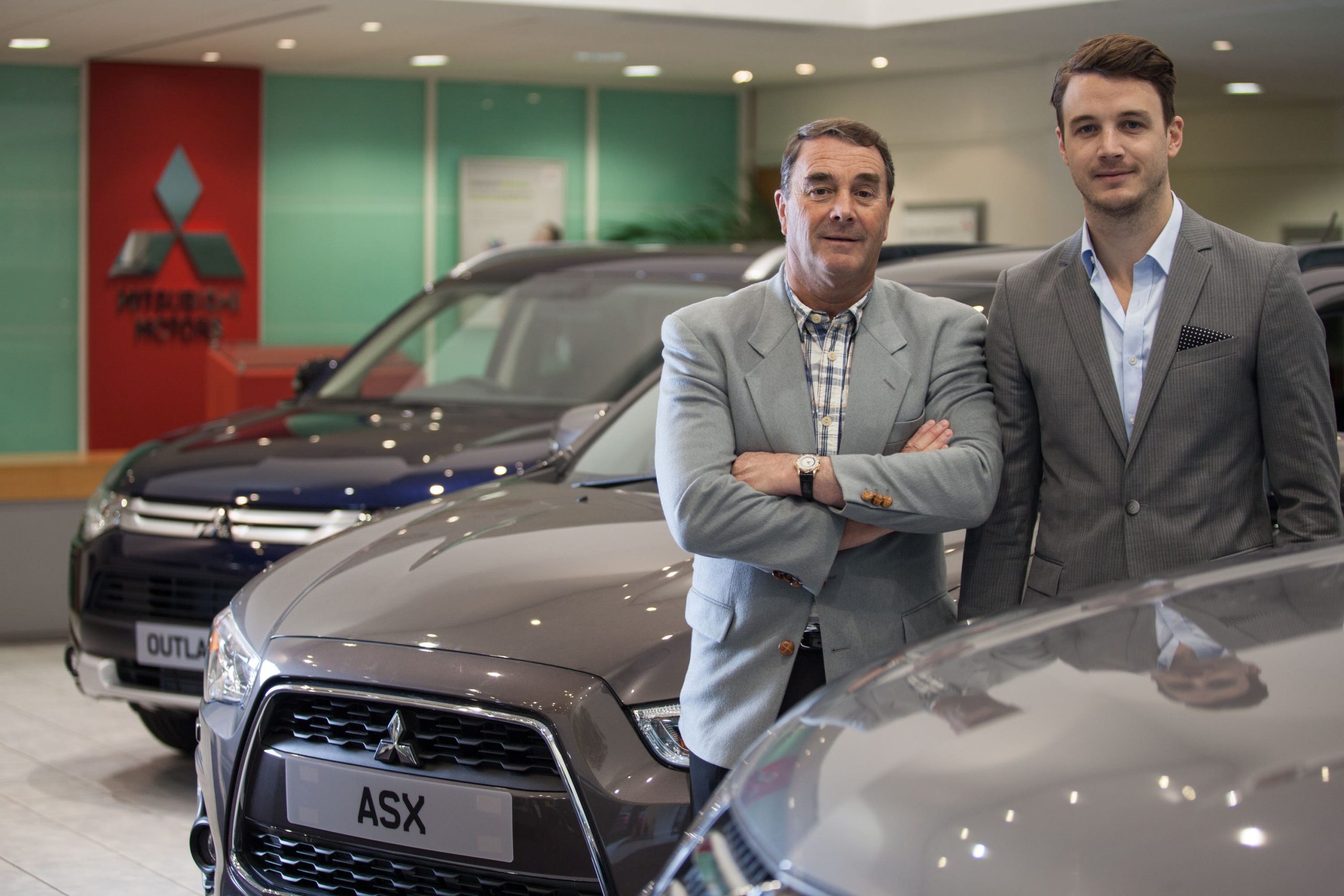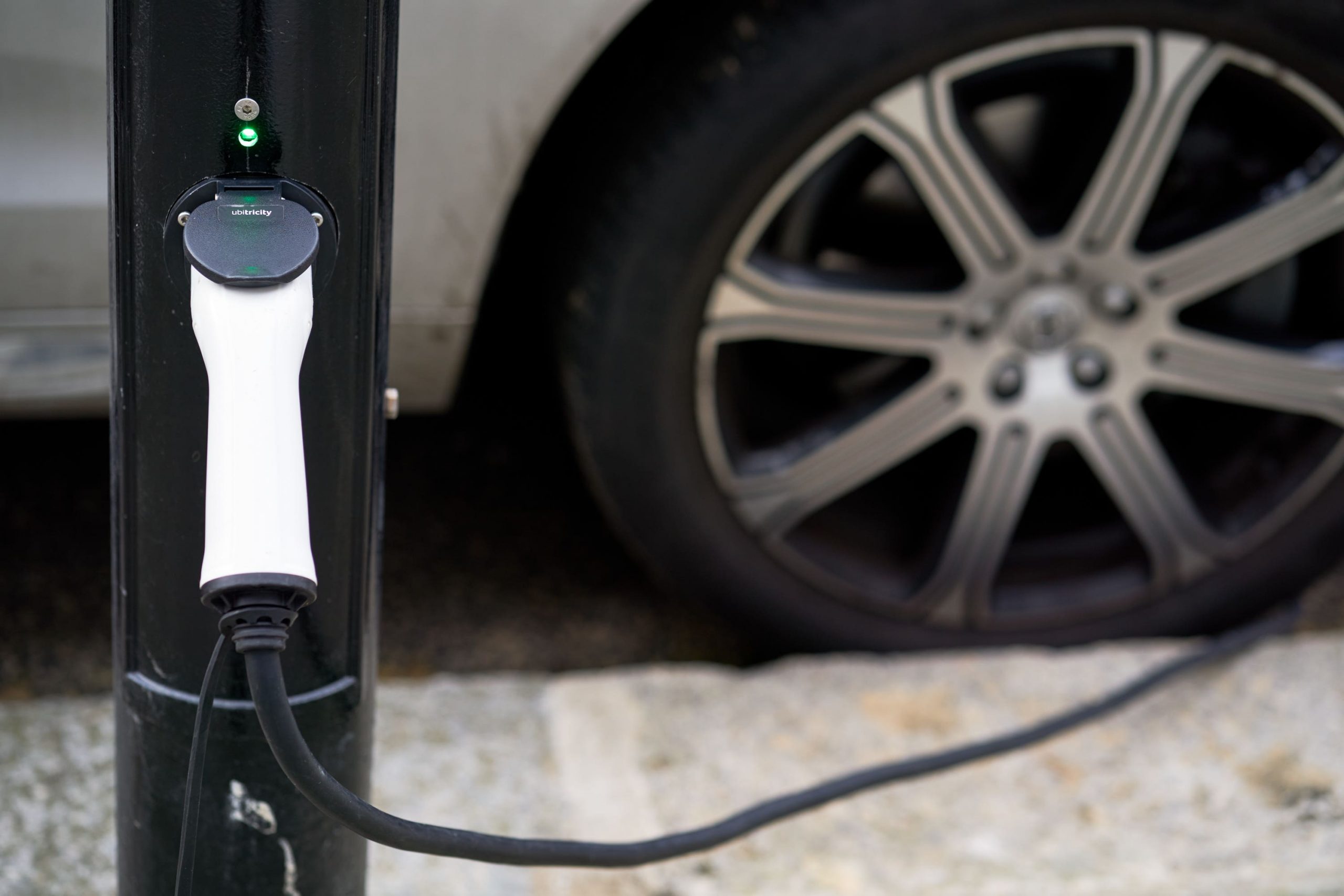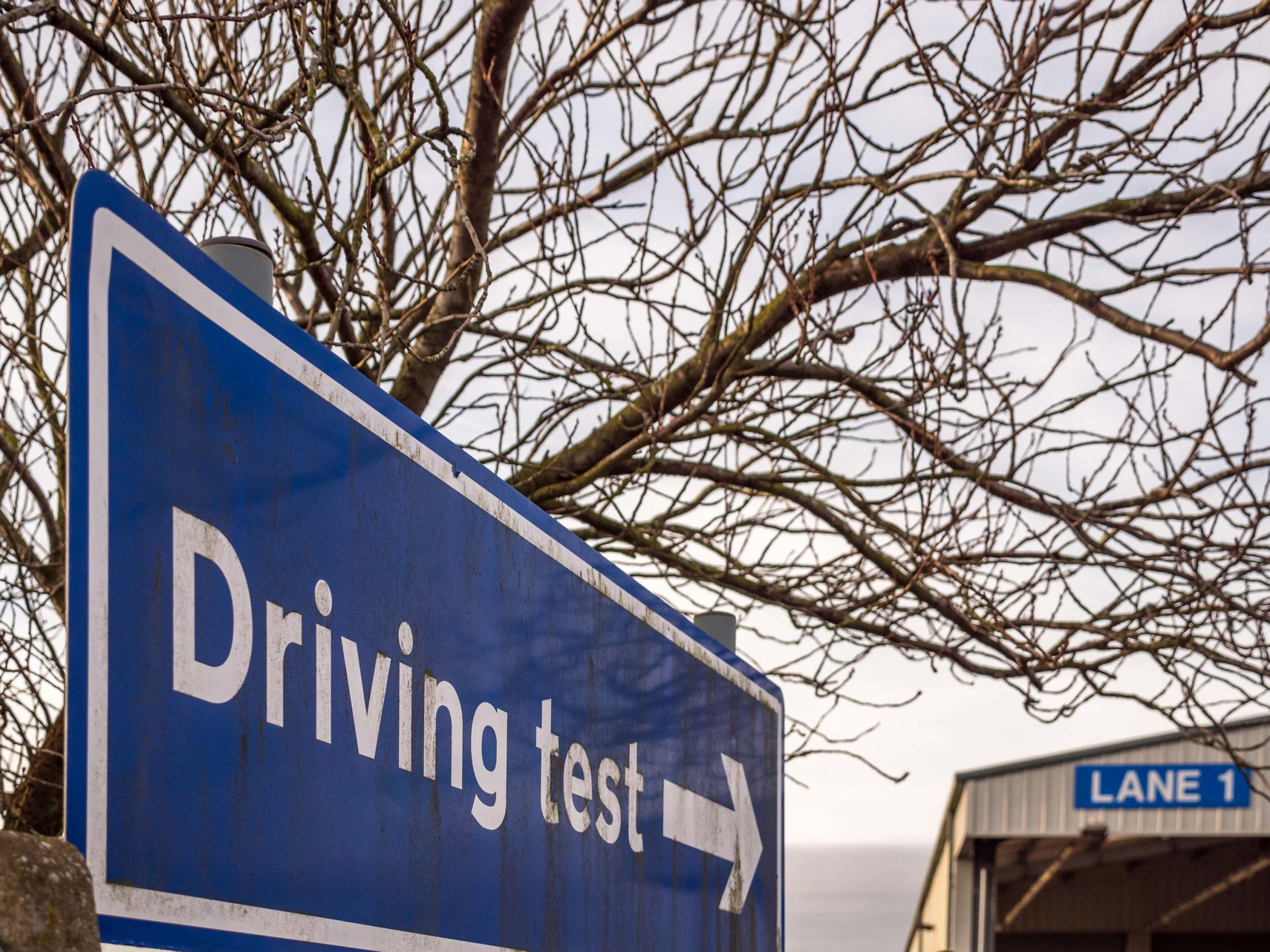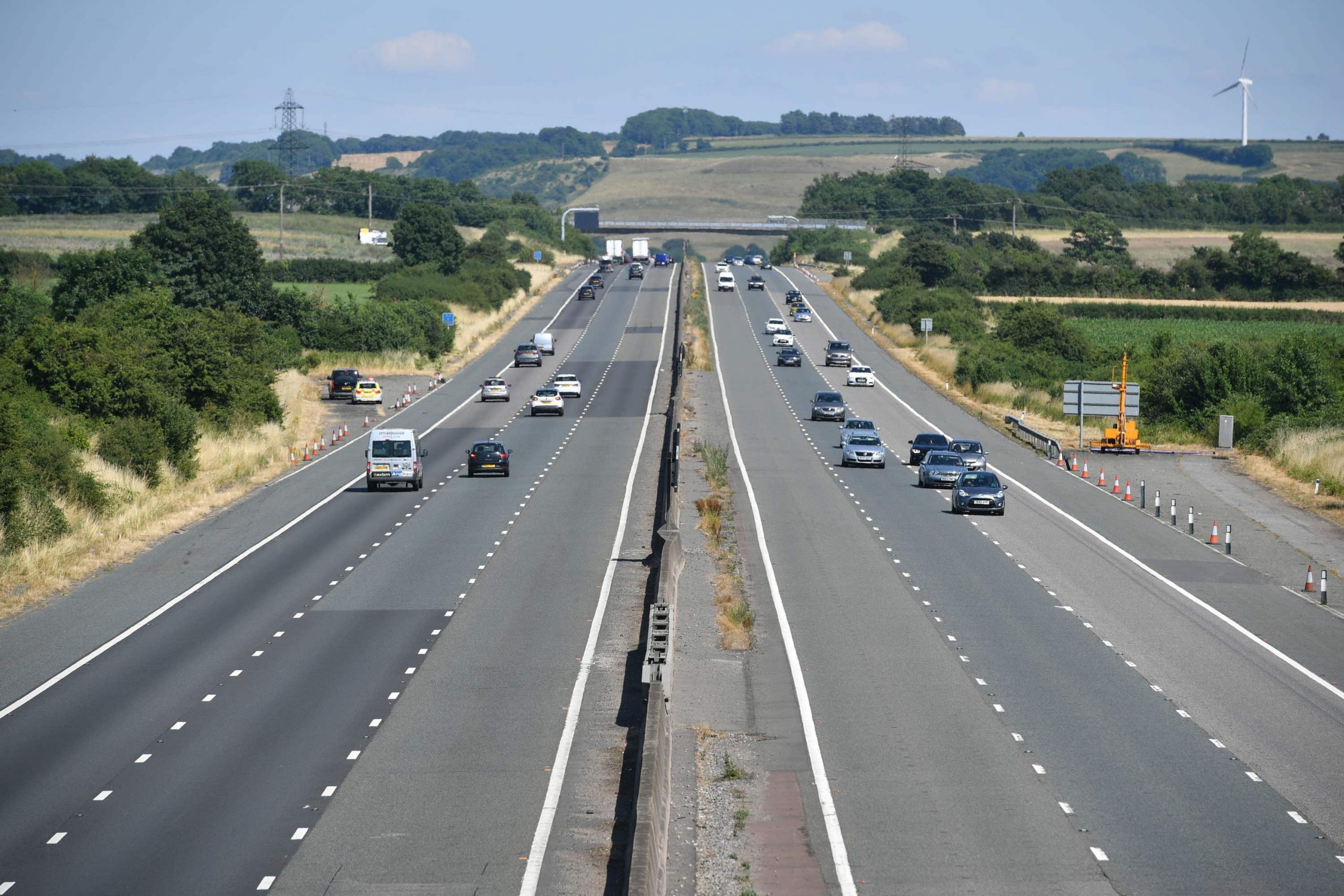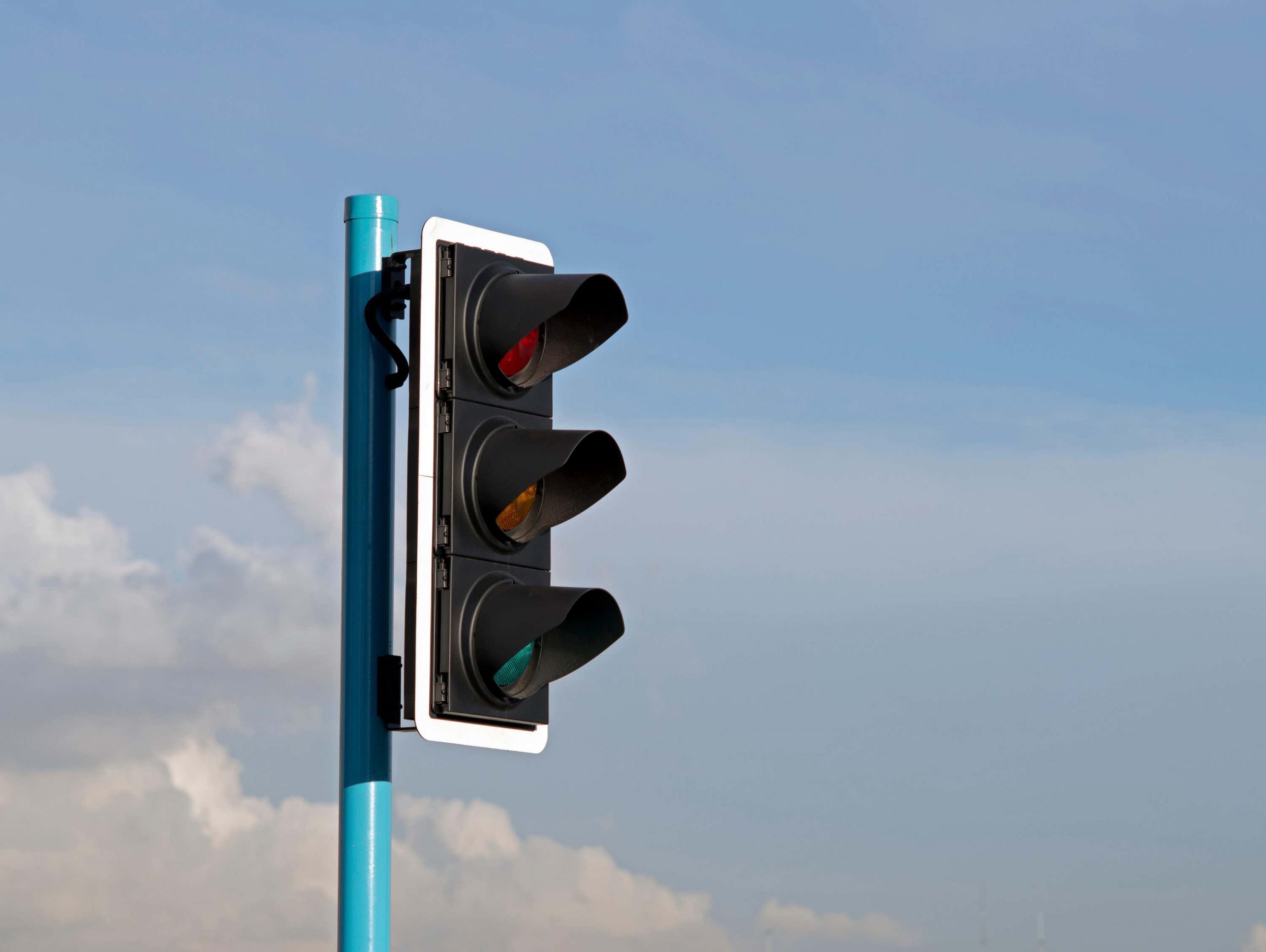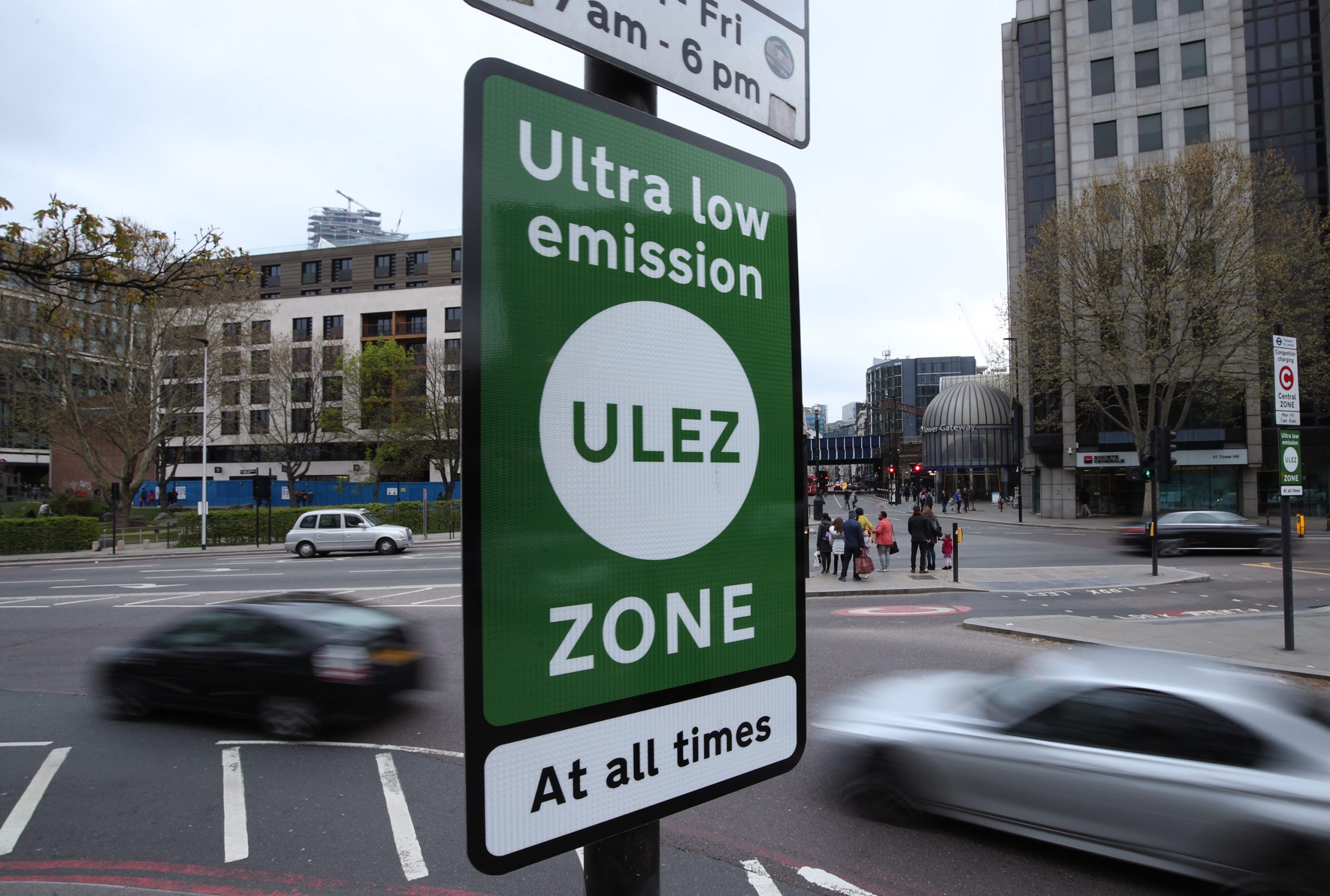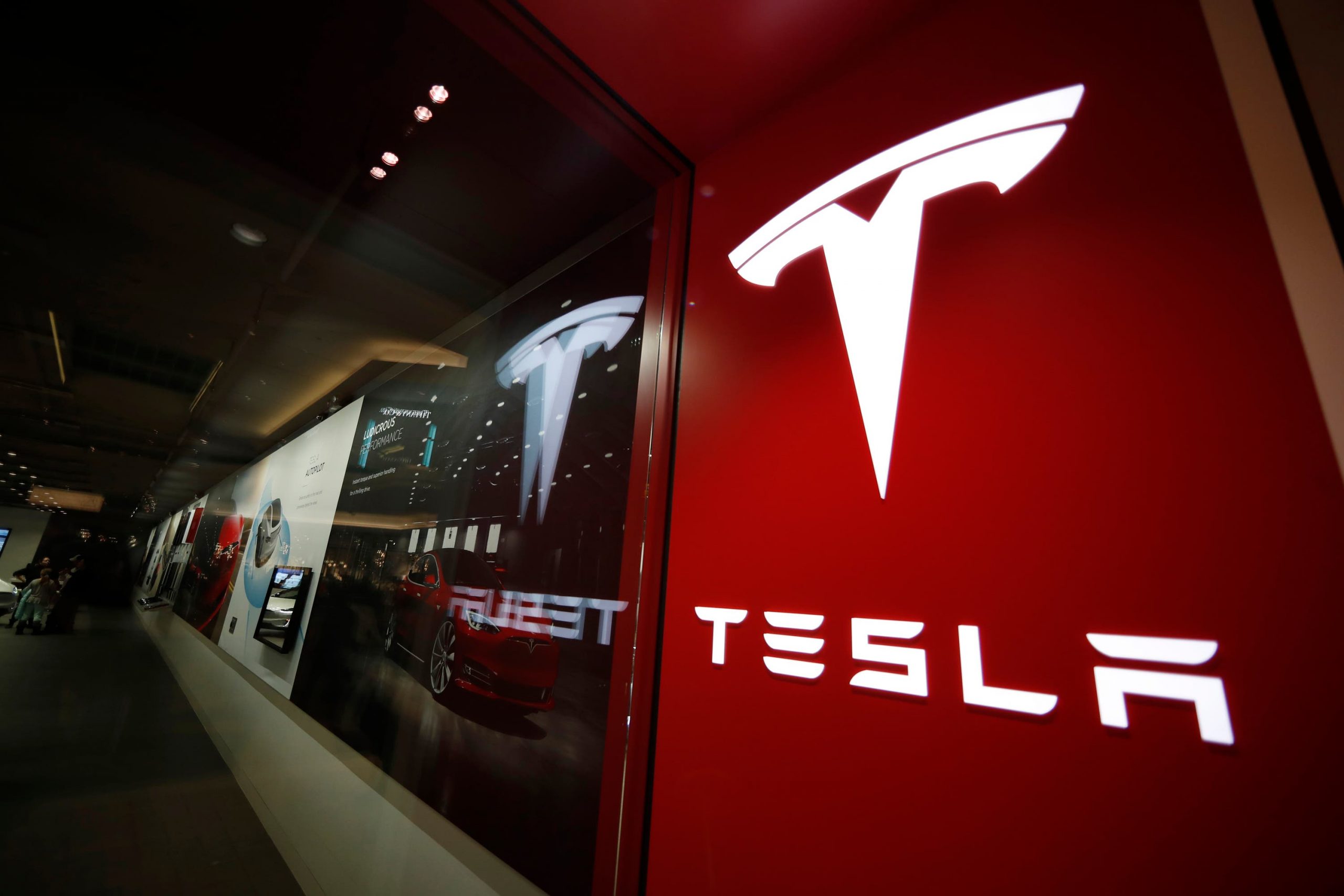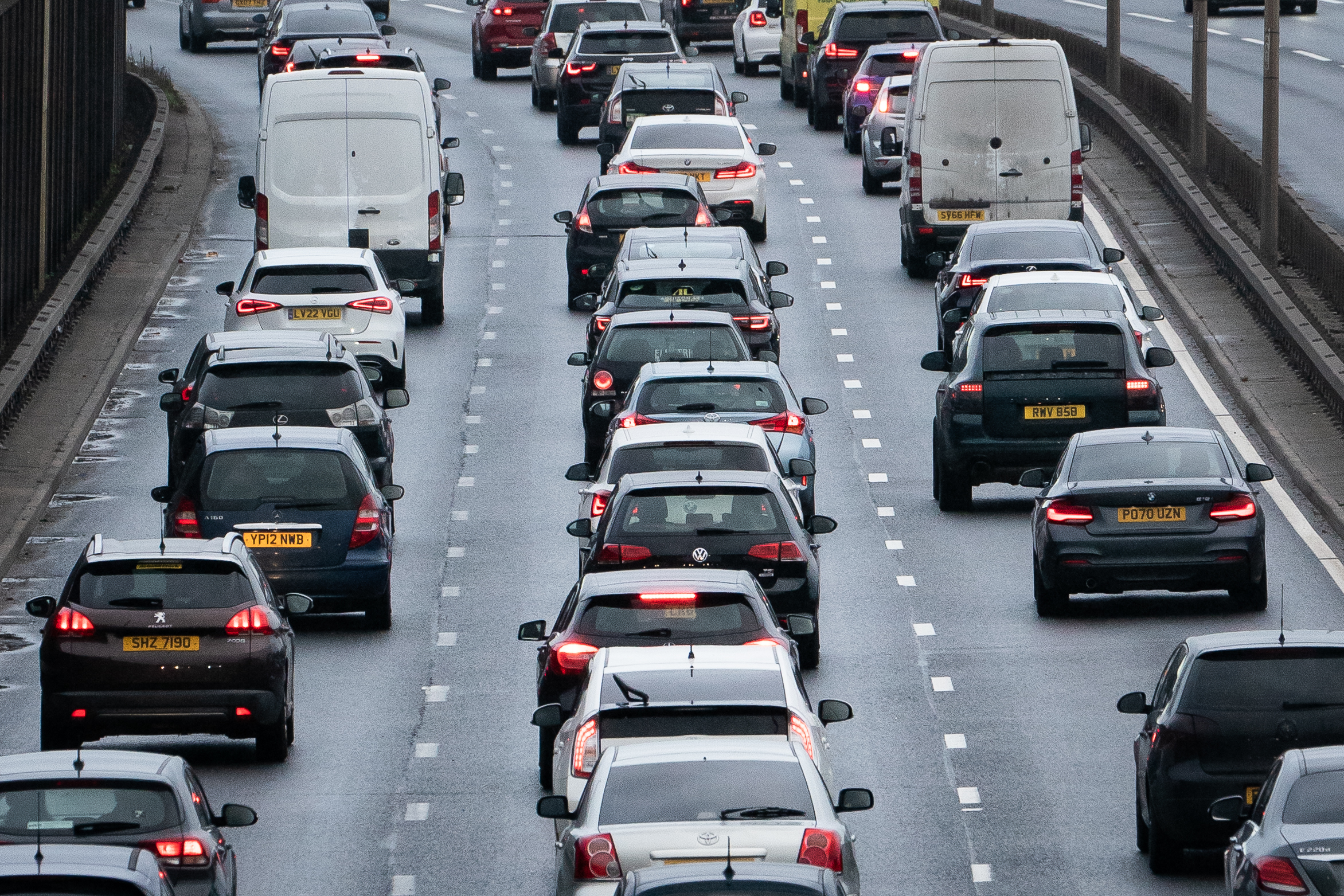Bentley will end production of its famed 12-cylinder petrol engine in April next year, the luxury car maker has announced.
More than 100,000 examples of the W12 engine have been built at the company’s factory in Crewe, Cheshire over the past 20 years.
The decision to halt production is part of the business’s move to electric motoring.
Bentley chairman and chief executive Adrian Hallmark said: “Our progressive journey towards sustainable luxury mobility means making changes to every area of Bentley Motors.
“When we first launched the W12 back in 2003, we knew we had a mighty engine that would propel both our cars and the brand forwards at speed.
“Twenty years and more than 100,000 W12s later, the time has come to retire this now iconic powertrain as we take strides towards electrification.”
Jim Holder, editorial director of magazine What Car?, described the W12 as “an icon of combustion engines, famed for its power, smoothness, refinement and more”.
He told the PA news agency: “It should be remembered as one example of the peak of what can be achieved technically with combustion engines.
“But Bentley and its customers are acknowledging that we are entering a new environmentally conscious era, where outright performance and luxury can still be attained, but in a less consumptive manner.”
Bentley said it hopes to “retrain and redeploy” the 30 workers involved in assembling and testing W12s.
All Bentley’s models will be available with the option of a hybrid powertrain when production of the petrol engine is stopped.
The company has pledged that all its cars will be fully electrified by the start of the next decade.
Sales of new petrol and diesel cars and vans in the UK will be banned from 2030, with new plug-in hybrids outlawed five years later.
Volkswagen Group-owned Bentley made record sales last year.
The company, which dates back to 1919, said it delivered 15,174 cars in 2022.
The 4% increase compared with the previous 12 months was driven by demand in the Americas, Europe and Asia Pacific.

